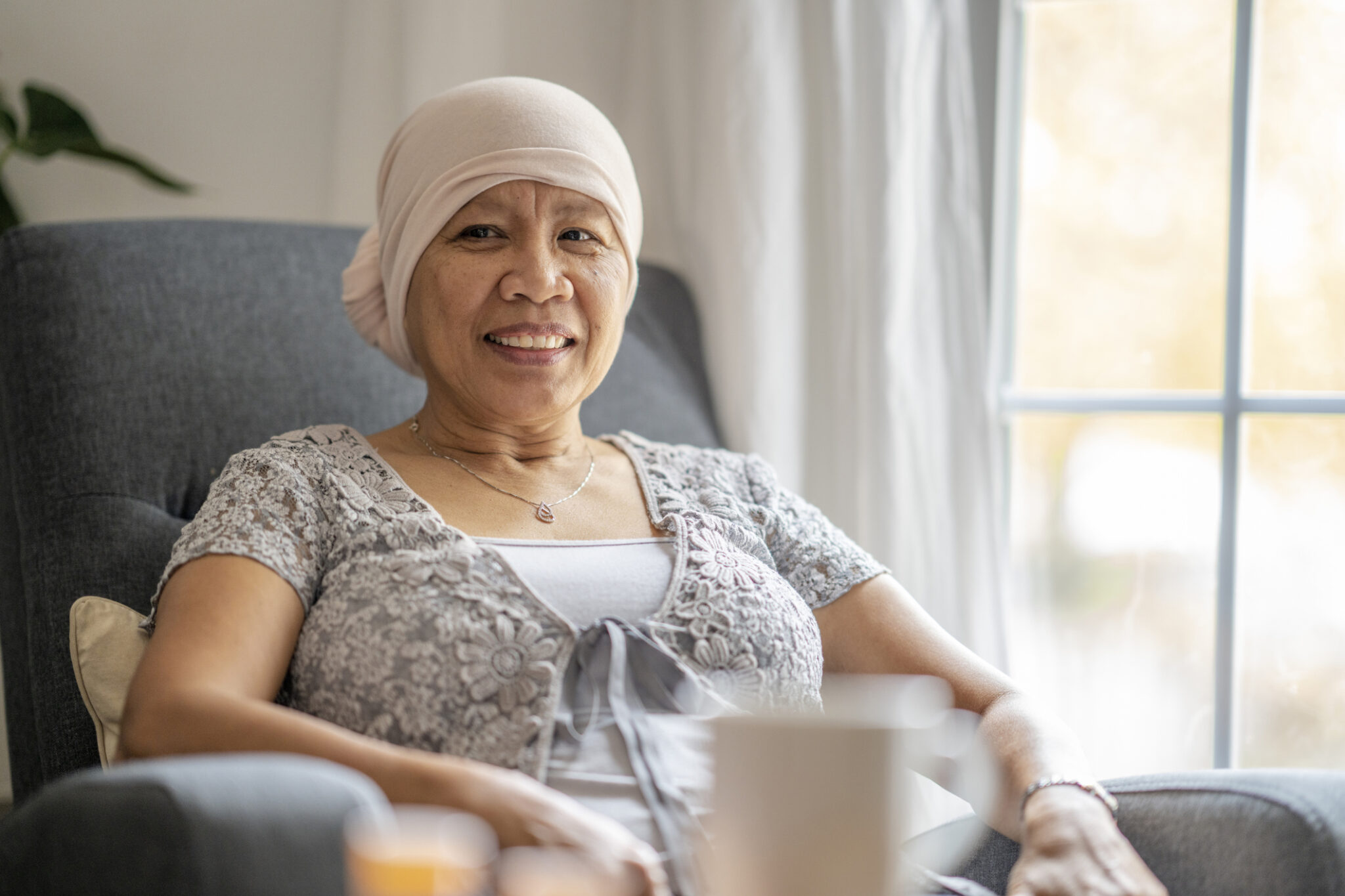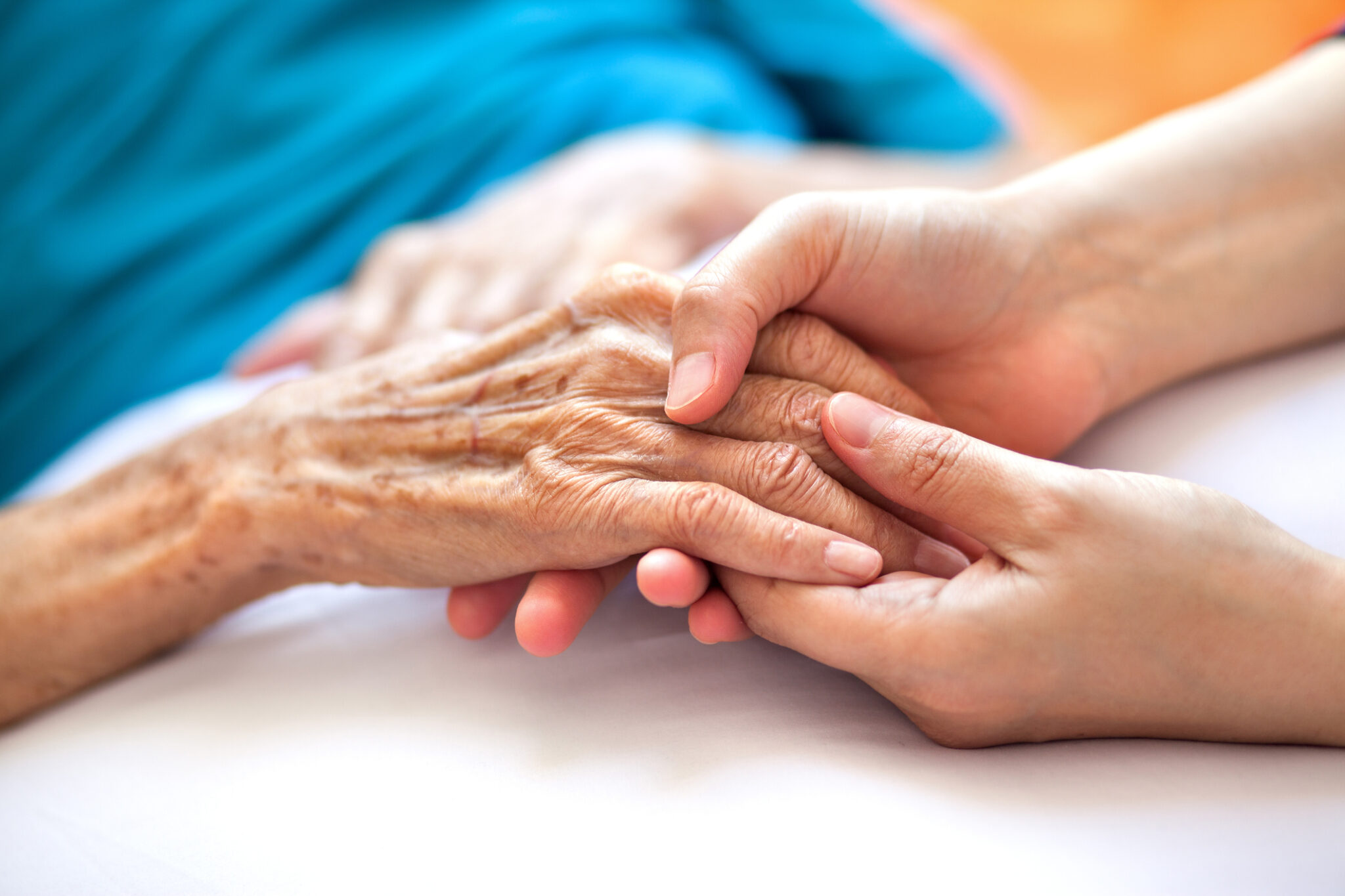This two-part series is a comprehensive review of the most common symptoms that cause discomfort at end-of-life. Part 1 focuses on assessing and treating pain, dyspnea and anxiety. These courses discuss how these symptoms are typically treated and which medications to initiate for maximum effectiveness. The courses use assessment tools and case scenarios to promote Read More
This course will provide practitioners with a detailed understanding of the differences between palliative care and hospice and how they benefit our patients when utilized as partners.
This 1-hour program offers participants a closer look at hospice eligibility for patients with cardiac disease. We will discuss the guidelines set forth by Medicare, how to identify when your cardiac patient meets these criteria and how hospice services will benefit these patients.
In this 1.5-hour course you will receive insight into the psychosocial aspects of caring for pediatric patients at end-of-life. With tips on how to communicate best with the child and their family, you will leave with a bolstered confidence in providing care to such a special population.
Develop an understanding of the non-verbal cues associated with comfort feeding. Learn what makes food appealing, how to regulate food temperature and best techniques for hand feeding.
This program offers participants a focused look at Medicare hospice guidelines when the terminal diagnosis is a form of dementia. We will discuss the qualifying criteria as well as contributing factors that lead to eligibility for hospice care.
In this program we will review how racism influences medical practice, identify action steps for healthcare workers to combat racism and discriminatory practices, and identify how our organizations can work to combat these inequities in healthcare.
Some of the most significant barriers to a patient with a terminal illness receiving hospice care are misperceptions held by their families and healthcare team alike. In this class we will address your concerns as well as the most common misperception about hospice care.
This lecture provides accurate and evidence-based information about the use of artificial nutrition and hydration at the end of life as well as tips for communication and decision making. Participants will be able to identify common fears, obstacles and preconceived notions about food and nutrition/hydration at end of life. They will understand the normal dying Read More
This program will provide clinicians with an understanding of the changes that occur in care needs and symptom burden in the last days, weeks, and months of life. Participants will be able to identify which interventions to provide to ease those burdens on both the patient and the family.





